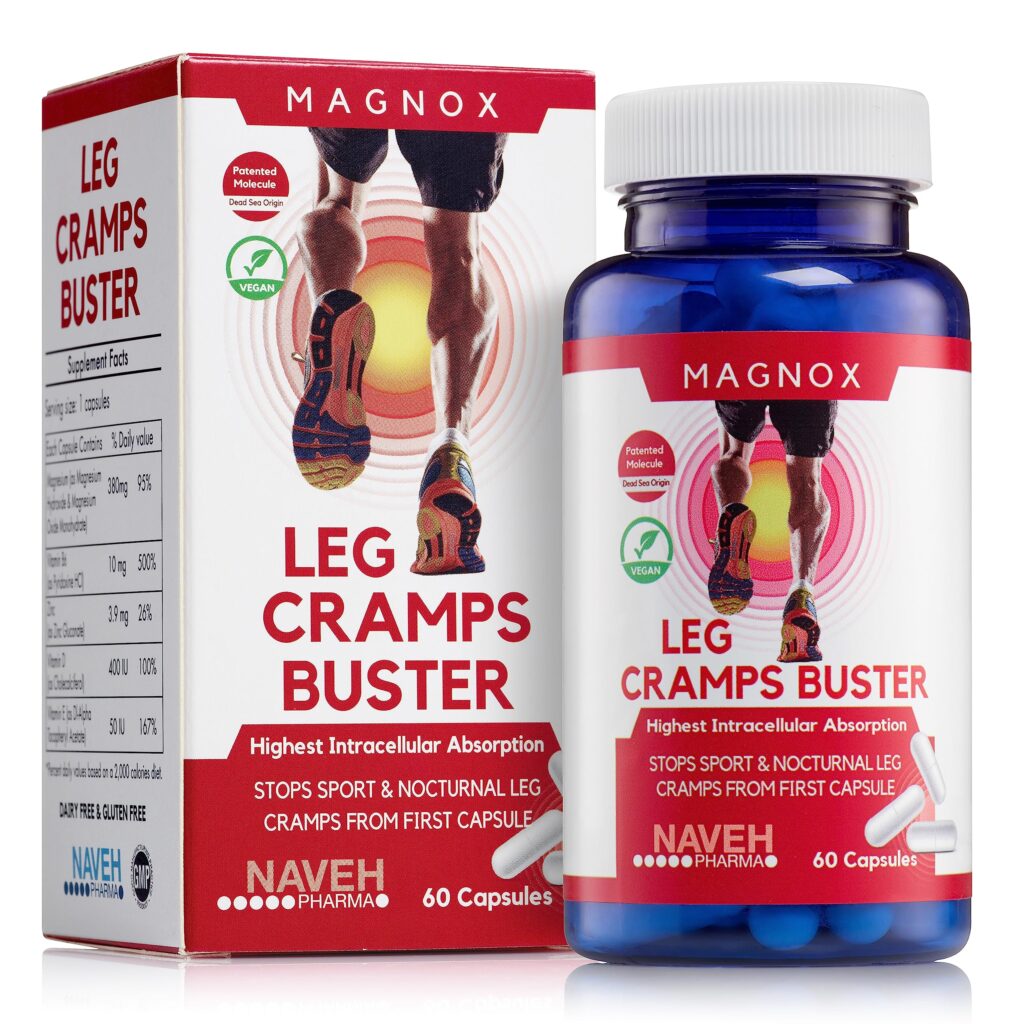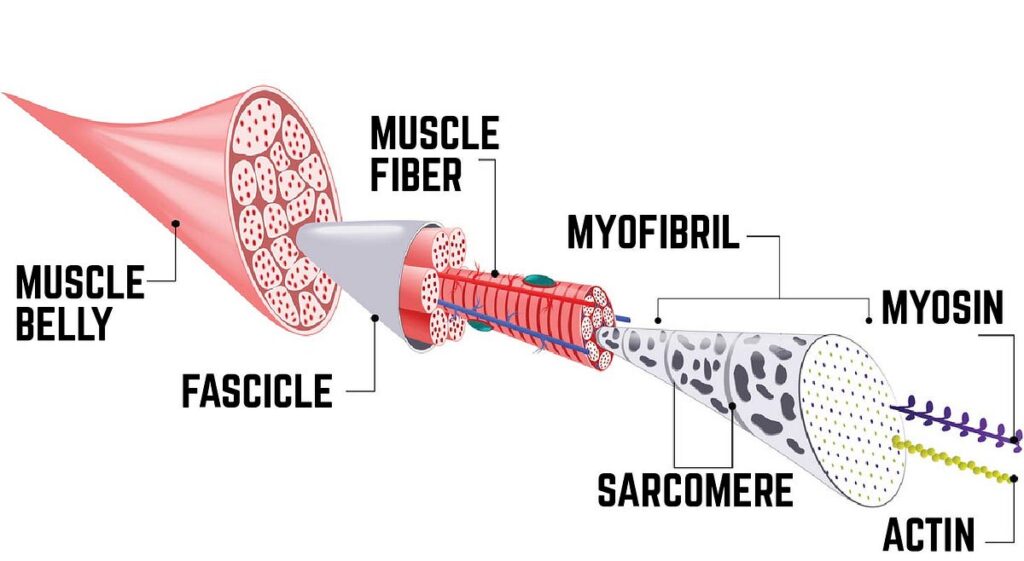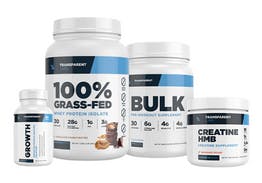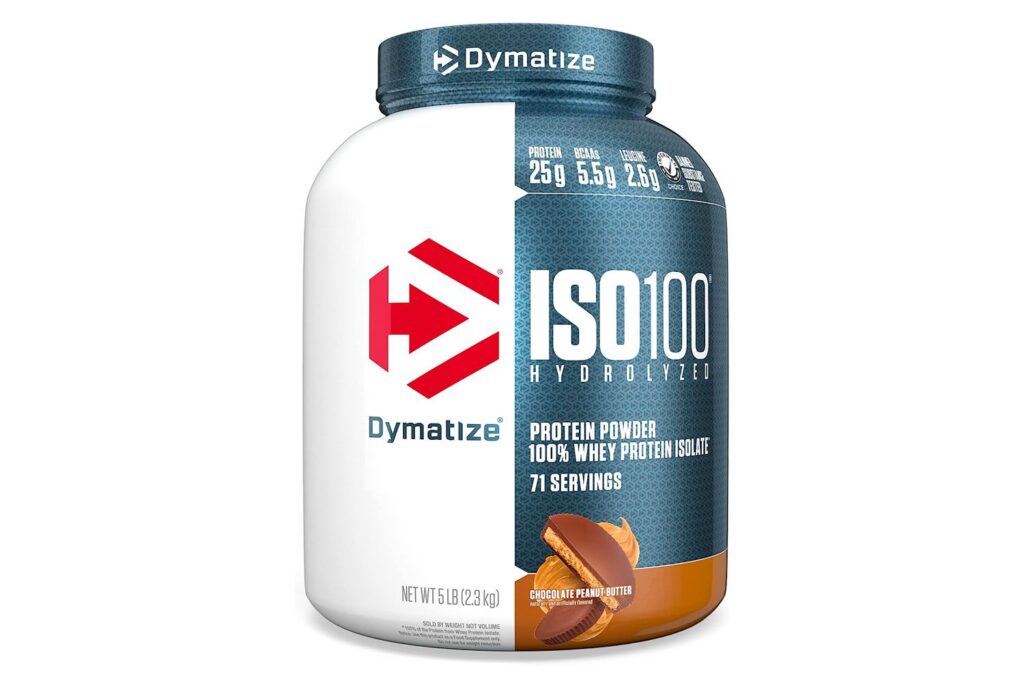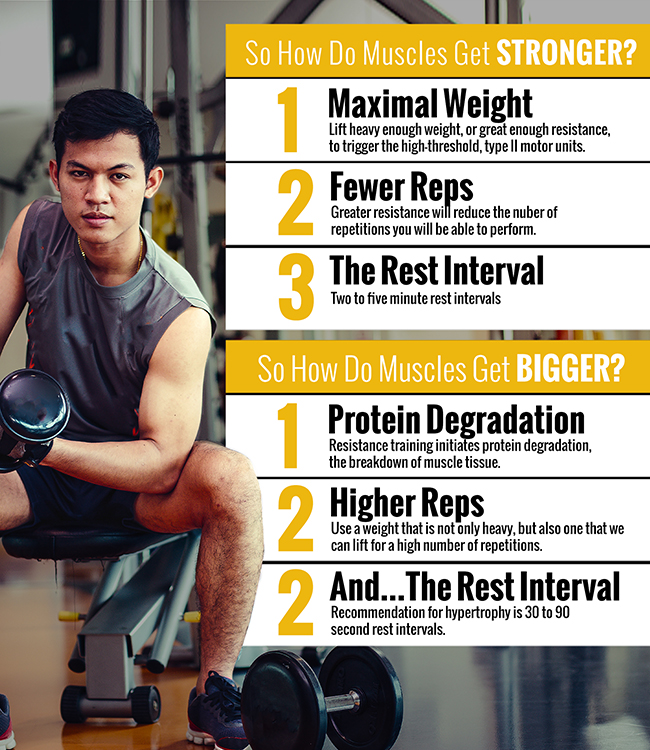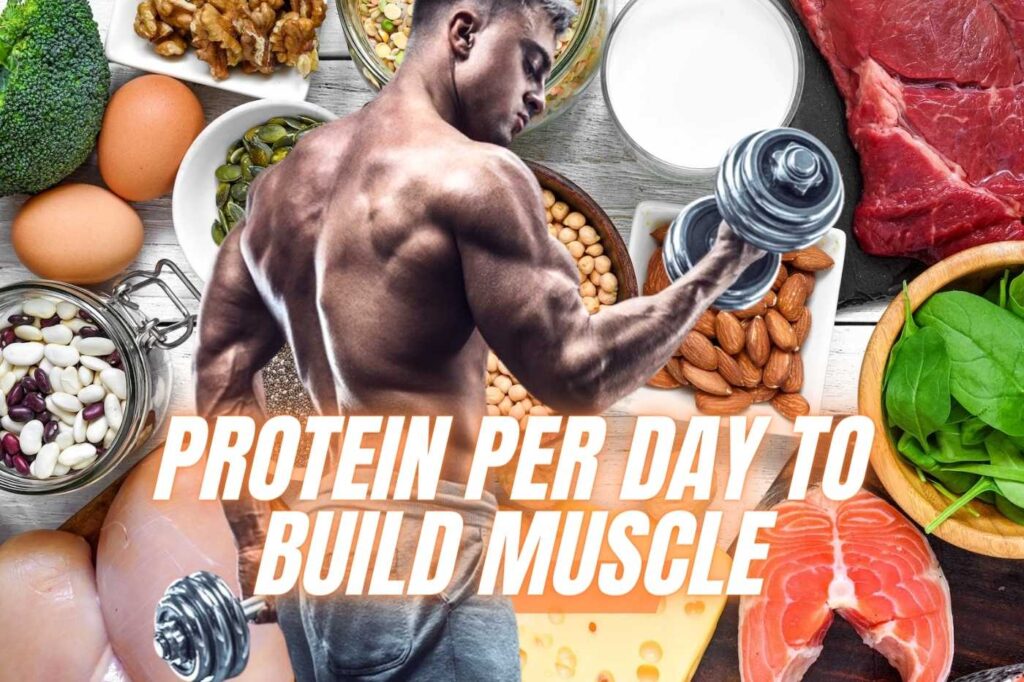Yes, muscle building can cause weight gain. This is due to muscle mass being denser and heavier than fat.
Muscle building involves intense physical activity and strength training. As muscles grow, they become denser and heavier than fat. This can lead to an increase in overall body weight. Weight gain from muscle building is generally positive, as it enhances strength, improves metabolism, and promotes better physical health.
Nutrition also plays a crucial role in muscle development. Consuming adequate protein and calories supports muscle repair and growth. People often notice an increase in weight as they progress in their muscle-building journey. This type of weight gain is beneficial and indicates a healthier, stronger body.

Credit: www.healthline.com
Muscle Vs. Fat
Muscle and fat have different compositions. Muscle is dense and compact. Fat is less dense and fluffy. One pound of muscle takes up less space than one pound of fat. Muscles are more metabolically active than fat. This means muscles burn more calories even when resting.
Building muscles can increase weight. Muscles are heavier than fat. You may see the number on the scale go up. This does not mean you are getting fat. It means you are gaining muscle mass. Gaining muscle is healthy. It makes you stronger and fit.
Understanding Muscle Gain
Muscle hypertrophy means muscles grow bigger. Exercise like weight lifting causes small tears in muscle fibers. The body repairs these tears, making muscles stronger and larger. This repair process needs energy, which burns calories. So, muscle building can cause weight gain because muscles are denser than fat.
Protein is crucial for muscle growth. It helps repair and rebuild muscle tissue. Consuming enough protein supports muscle hypertrophy. Protein-rich foods include meat, eggs, and beans. Supplements like protein shakes also help. Always include protein in each meal to support muscle gain.
The Scale Myth
Building muscle can make you gain weight. Muscle tissue is denser than fat. This means muscle takes up less space but weighs more. Your clothes may fit better even if the scale shows a higher number. Focus on how you look and feel, not just the number on the scale.
Body composition matters more than total weight. Muscle mass boosts your metabolism. This helps burn more calories even when resting. A healthy body composition includes more muscle and less fat. You can use body fat scales or measurements to track progress.

Credit: www.nerdfitness.com
Benefits Of Muscle Building
Muscle building can boost your metabolism. More muscles mean your body burns more calories. Even when you are resting, your body works harder. This helps in losing fat over time.
Muscle building makes you stronger and healthier. Strong muscles support your bones and joints. This reduces the risk of injuries. You can do daily tasks more easily.
Nutrition’s Role
Eating more calories than your body uses leads to weight gain. Building muscle requires extra calories. These calories help muscles grow and repair. Healthy foods give you the best nutrients. Junk food can still make you gain weight but may not help muscles. Finding a balance is key. You need enough calories but from good sources.
Proteins, carbs, and fats are the building blocks for muscles. Protein helps repair and grow muscles. Carbs give you energy for workouts. Fats support overall health. Each nutrient has a role. A good balance helps you gain muscle, not just fat. Eating a mix of these nutrients is important. Too much of one can be bad.
Common Misconceptions
Building muscle can indeed lead to weight gain, but it’s typically from increased muscle mass, not fat. Many people mistakenly equate weight gain solely with fat accumulation.
Bulky Appearance
Many people think muscle building makes them look bulky. This is not always true. Muscles grow slowly and need hard work. Weight gain from muscle is different from fat. Muscles make you look toned and fit.
Immediate Results
Some expect quick results from muscle building. Muscles need time to grow. Instant muscle gain is a myth. Patience and consistency are key. Small changes add up over time.
Tracking Progress
Weight gain can be confusing. Building muscle increases your weight. Muscle is denser than fat. This means muscle takes up less space. You might look slimmer but weigh more.
Other measurements are useful. Use a tape measure to track body parts. Measure your arms, waist, and thighs. Changes show muscle growth. Take progress photos. Compare them monthly. Notice how clothes fit better.
Expert Opinions
Building muscle often leads to weight gain due to increased muscle mass. Experts emphasize that muscle weighs more than fat. This can cause a higher number on the scale despite a leaner, more toned physique.
Trainer Insights
Trainers believe muscle building can lead to weight gain. Muscles are heavier than fat. Gaining muscle means more weight on the scale. But this is good weight. It makes you stronger and healthier. A balanced diet helps in muscle growth. Trainers suggest lifting weights. Regular exercise is also important. This helps in muscle gain and weight control.
Scientific Studies
Studies show that building muscle can increase weight. Muscle tissue is dense and adds more pounds. Scientists have proven this through tests. People who lift weights gain muscle mass. This leads to weight gain. But this is not bad. It improves body strength and health. Eating the right food is also key. This supports muscle growth and weight gain.
:max_bytes(150000):strip_icc()/VWFit-i-just-started-exercising-why-am-i-gaining-weight-1231585-b13e3c8e91e340919a73c903a7f4fda2.jpg)
Credit: www.verywellfit.com
Frequently Asked Questions
Can Muscle Building Increase Body Weight?
Yes, muscle building can increase body weight. Muscle tissue is denser than fat. As you build muscle, your weight may rise. However, this weight gain is generally a sign of improved fitness and strength.
Why Does Muscle Weigh More Than Fat?
Muscle weighs more than fat because it is denser. A pound of muscle takes up less space than a pound of fat. This density difference is why muscle can increase weight without necessarily increasing body size.
How Does Muscle Building Affect Metabolism?
Muscle building boosts metabolism. More muscle mass increases your resting metabolic rate. This means you burn more calories even when at rest. It helps in weight management and overall health.
Is Weight Gain From Muscle Building Healthy?
Yes, weight gain from muscle building is generally healthy. It indicates increased muscle mass, improved strength, and better overall fitness. Unlike fat, muscle boosts your metabolism and supports better physical performance.
Conclusion
Building muscle can indeed lead to weight gain due to increased muscle mass. It’s a healthy, positive change. Embrace the transformation as it enhances strength and overall fitness. Remember, muscle weighs more than fat but looks leaner. Focus on your progress and well-being rather than the number on the scale.


